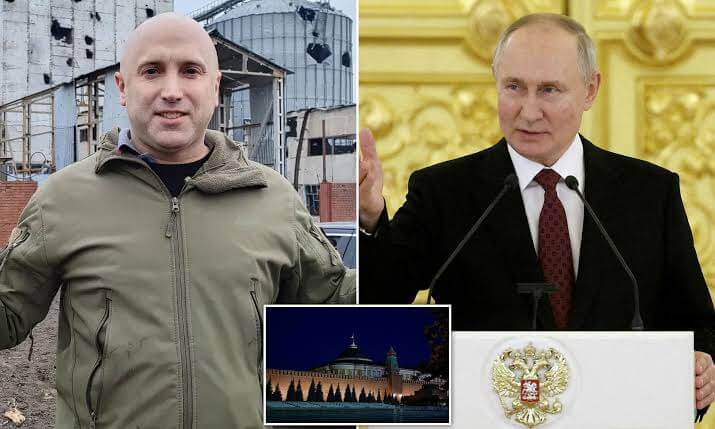A move by the Kremlin to put an English judge on a sanctions blacklist that bans him from entering Russia has led to the collapse of a High Court case.
Freedom of speech in Russia
Mr Justice Jonathan Swift had been presiding over a case brought by British video blogger Graham Phillips, who was sanctioned by the Foreign Office last year – had his assets frozen – over his pro-Russian views.
He is claiming the action is an ‘Orwellian’ infringement of his freedom of speech.
But at the latest hearing, last Monday, Mr Justice Swift, one of the most eminent judges on the London bench, said he was stepping down after finding out he had been added to a Russian sanctions list of about 25 British nationals.

The list includes academics, military and political figures as well as journalists who the Kremlin has deemed to be anti-Russian.
British Government’s sanctions imposed on Russians
It was drawn up in retaliation for the British Government’s sanctions imposed on Russians – including many wealthy oligarchs – following Vladimir Putin’s invasion of Ukraine, which saw their bank accounts frozen and assets seized.
Mr Phillips, now based in Russian-controlled eastern Ukraine, was once described in a Lords debate as a ‘pro-Russian propagandist’.
The former civil servant, who was sanctioned in July 2022 when Liz Truss was Foreign Secretary, claims the move should be quashed.
His barrister, Joshua Hitchens, argues the sanctions are an infringement of Mr Phillips’ freedom of speech.
He remains the only British citizen to have ever been sanctioned by his own Government.
Last Monday the High Court heard that on November 8 the British Embassy in Moscow had told the Foreign Office in London that Mr Justice Swift had been placed on Russia’s sanctions list, but he hadn’t been informed of this until November 22.

